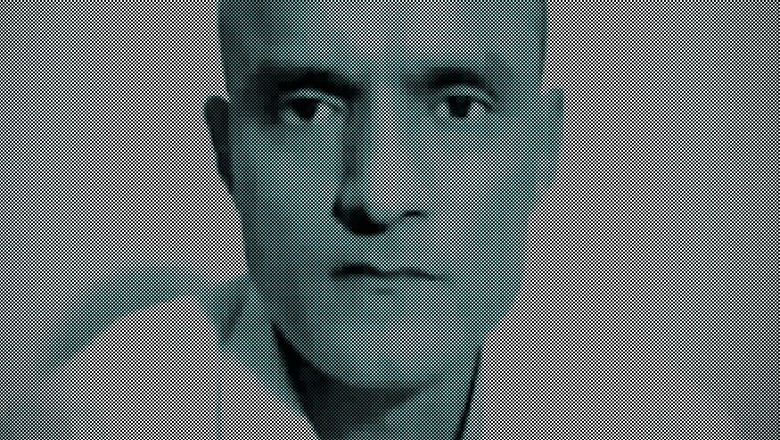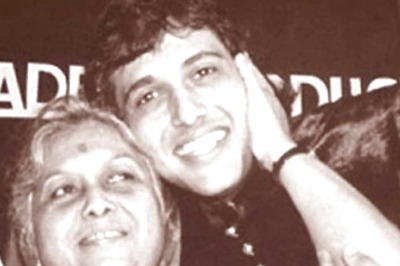
views
New Delhi: With the International Court of Justice staying the execution of Kulbhushan Jadhav until the final verdict, India has emphatically won the first and the most important round of its legal battle against Pakistan at the global arena.
This, without a shred of doubt, is the most important reprieve at the moment since stalling Jadhav's execution was an imminent need. Without a stay on the execution, the entire purpose of invoking ICJ's jurisdiction would have been frustrated and the exercise would have been rendered an academic one to examine issues of jurisdiction, conventions etc.Here are the five reasons outlined by News18 earlier in the day, predicting a propitious outcome, and how the ICJ ruled on these points:Reason 1: India has been very meticulous and succinct in asking for a limited relief. What it prays for now is a stay on Jadhav's execution. If the stay is granted, not just that main relief will have to be adjudicated, but India will get time to look for a diplomatic and political solution.ICJ ruling: India's claim for the limited relief at this juncture is justified on the principles of international law. The execution has to be stayed until we finally decide the matter on aspects of jurisdiction and applicability of Vienna Convention.News18 was the first to tell you exactly why the balance was tilted in India’s favour in this battle.Reason 2: India's counsel Harish Salve has aptly pre-empted Pakistan’s argument on the 2008 bilateral treaty between the two countries. While Pakistan contends India cannot be allowed to invoke Vienna Convention in the wake of the bilateral treaty, Salve has maintained that bilateral treaty cannot affect India's right to protect its citizens under the Vienna Convention. Salve was unequivocal that bilateral treaty between India and Pakistan is supposed to supplant other conventions in line with their common objectives and can’t frustrate the goals.ICJ ruling: The 2008 treaty per se doesn't oust our jurisdiction nor was it a specific bar on India's right to ask for consular access from another country under the Vienna Convention.Reason 3: Pakistan's argument that consular access is a matter of discretion for a law enforcement agency when the foreign national has been accused of spying has also been met by India. India has questioned various facts of the case, including how Jadhav was abducted from Iran, why India's repeated requests for consular access were shot down by Pakistan, trial was conducted without informing Jadhav and without supplying copy of the chargesheet or even the judgment. The moot point that India has appealed: Graver the charges, greater the need for continued adherence to the Vienna Convention, for it would involve life of people and relations between States.ICJ ruling: India has been seeking consular access for Jadhav for almost a year, but to no avail. Pakistan said it would consider India's request only after Indian authorities help them in providing evidence to hold Jadhav guilty of espionage.Reason 4: Pakistan has complained India is unwilling to explain the false passport, which bore a Muslim name and was found in Jadhav's possession. But if Pakistan wants India to explain this, then why not grant the consular access thereby accepting India's role in the adjudication process. Pakistan may just fall in a trap of its own, should the ICJ accept this argument.ICJ ruling: Indian High Commission has time and again accepted Jadhav as an Indian national and has also given documents to the Pakistani counterpart in corroboration.Reason 5: Pakistan has claimed that Jadhav’s legal remedies have not exhausted and hence there is no "urgency" to seek "Provisional Measures". But India has successfully demonstrated there is no stay on Jadhav’s execution and he could be executed any moment, necessitating the urgent intervention.ICJ ruling: India has successfully established links between 'provisional measures' and India's rights to claim so. India has rightly invoked urgency clause and that irreparable prejudice to India's rights will be caused if Jadhav is executed.
International law is as good a law as countries consider it to be. It is, after all, a law without direct sanctions and Pakistan may even choose to defy the order since it's in favour of India. But it will do so at the peril of its international stature, obligation and future remedies that it may seek for its citizens.
Although Pakistan had told the ICJ that Jadhav's execution won't happen before August 2017, the ICJ did not only issue a specific order staying the execution till the proceedings before it are over, but also reminded Pakistan that it must be restrained in accordance with international obligations and global commitments to ensure free and fair justice to all.

















Comments
0 comment